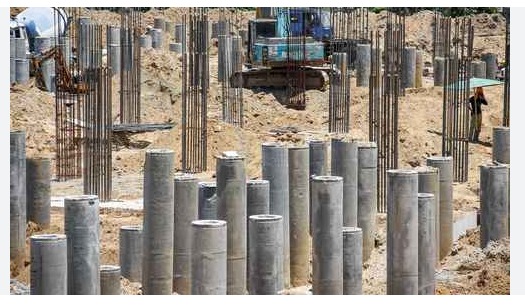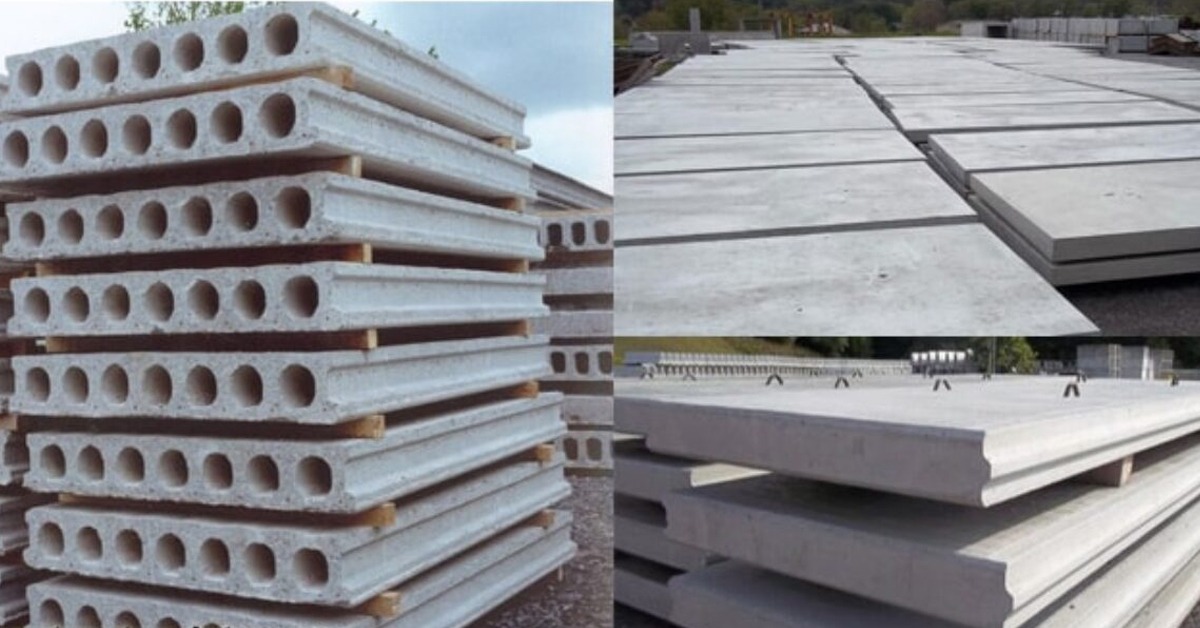Building Materials Used in Construction
In the ever-evolving world of construction, the choice of building materials plays a vital role in determining the durability, aesthetics, and functionality of a structure. Whether it’s a residential home, a commercial complex, or infrastructure like bridges and highways, the construction materials used can significantly influence a project’s outcome. Choosing the right building construction materials is critical to the success of any construction project.
Here are 10 types of building construction materials commonly used in civil construction:
- Concrete
Concrete is the most widely used material for construction. It is composed of cement, water, and aggregates like sand or gravel. Known for its strength, durability, and versatility, concrete is an essential component in any construction materials list. It is used in foundations, slabs, walls, and more, making it indispensable for both residential and commercial projects. - Steel (ARS Steels)
Steel is a foundational material in modern construction, valued for its incredible tensile strength and flexibility. It forms the skeleton of skyscrapers, bridges, and large-scale industrial structures. When it comes to choosing quality steel, ARS 550D CRS stands out as a leading name in India’s building construction materials sector.
ARS Steels manufactures high-quality TMT bars, which are strong, corrosion-resistant, and environmentally sustainable. Known for their strict quality control and adherence to standards, ARS TMT bars are a trusted choice among architects, engineers, and developers. Whether you are considering the best TMT bar for house construction or large-scale infrastructure, their advanced manufacturing technology ensures optimal performance even in seismic and high-stress environments.
- Wood
Wood has been a staple in civil construction materials for thousands of years. It is easy to work with, renewable, and aesthetically pleasing. However, it requires proper treatment to resist pests, moisture, and fire. Wood is commonly used for framing, furniture, and decorative features in both residential and commercial buildings. - Brick
Bricks are durable, strong, and offer excellent thermal insulation properties. Made from clay and fired at high temperatures, they are commonly used for walls, facades, and foundations. Bricks offer a rustic and classic aesthetic, particularly in traditional and heritage buildings. They are an essential part of any construction materials list for building construction materials. - Glass
Glass has become a prominent material in modern architecture, allowing natural light to penetrate buildings while offering thermal and acoustic insulation. It is commonly used for windows, curtain walls, and decorative features. Glass also contributes to energy efficiency in building construction materials, particularly in eco-friendly designs. - Stone
Stones like granite, marble, and limestone have been used for centuries in the construction of monuments, temples, and other iconic structures. Known for their strength, elegance, and timeless appeal, stone is often used in building construction materials for exterior cladding, flooring, and landscaping. While it can be expensive, it adds luxury and longevity to a project. - Aluminum
Lightweight, corrosion-resistant, and strong, aluminum is increasingly used in civil construction materials like window frames, cladding, roofing, and even structural components. Its recyclability and modern aesthetic make it a popular choice in contemporary building construction materials designs. - Plastic
Plastic, in the form of PVC pipes, vinyl flooring, polycarbonate panels, and insulation materials, is widely used in construction due to its lightweight, corrosion-resistant, and cost-effective nature. It is an essential component in the construction materials list for modern civil construction materials. - Gypsum
Gypsum is essential in the form of drywall or plasterboard for interior walls and ceilings. It is fire-resistant, easy to install, and offers a smooth finish. Gypsum boards are commonly used to create partition walls and false ceilings in modern interiors, making it a key player in building construction materials. - Bamboo
Bamboo is rapidly gaining popularity as a sustainable construction material. It is fast-growing, lightweight, and incredibly strong for its weight. In areas where bamboo is abundant, it is used for flooring, scaffolding, and even as a structural material for small buildings. As a renewable resource, it is often incorporated into civil construction materials to promote eco-friendly building practices.
To conclude, the selection of construction materials is paramount in determining the safety, longevity, environmental impact, and cost of a building project. Whether it is building a house or undertaking large-scale infrastructure, choosing the best TMT bar for house construction or selecting the right building construction materials can make a world of difference. As the construction industry moves toward more sustainable and efficient practices, the combination of traditional and modern materials continues to shape the future of architecture.



